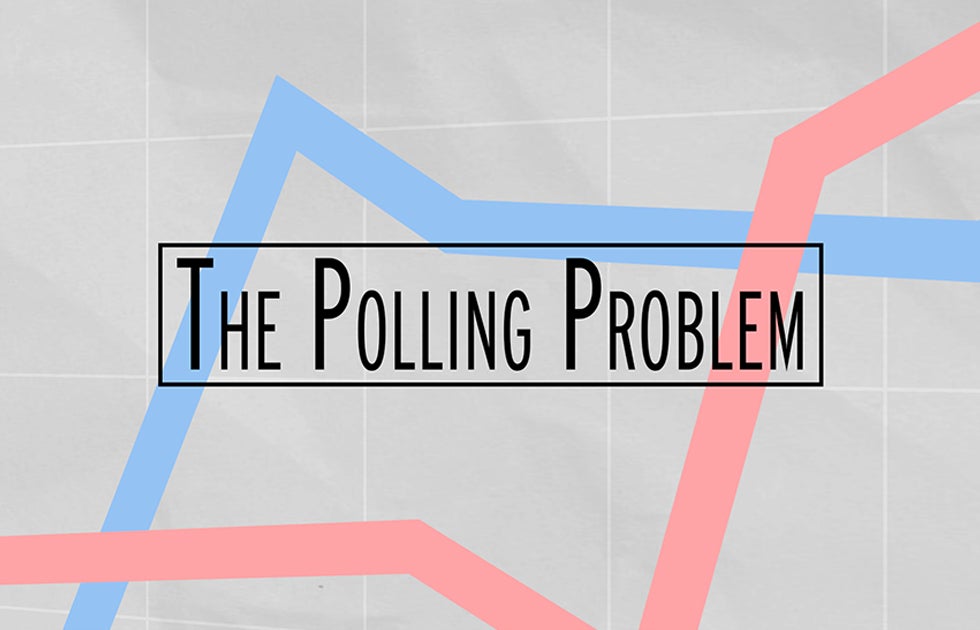
Yphtach Lelkes, Ph.D.

- Associate Professor of Communication
- Co-Director, Polarization Research Lab
- Co-Director, Center for Information Networks and Democracy
Yph Lelkes studies the structure, dynamics, and causes of political attitudes, with a particular emphasis in polarization and American politics. His work lies at the intersection of public opinion, political psychology, and political communication.
Yphtach (Yph) Lelkes is an Associate Professor at the Annenberg School for Communication. He studies public opinion, political psychology, and political communication.
His interests lie at the intersection of political communication, public opinion, and political psychology. In the broadest sense, he is interested in the antecedents, structure, and consequences of citizens’ political attitudes. He has focused on three, often overlapping, research questions: (1) What are the roots, structure, and consequences of affective polarization? (2) What is the impact of changes to the information environment on political attitudes? (3) What are the psychological underpinning and structure of political belief systems?
His work appears in top field journals in Communication (Journal of Communication, Journal of Computer Mediated Communication), Political Science (American Journal of Political Science, Journal of Politics), Psychology (Journal of Personality and Social Psychology), as well as general interest journals (PNAS, Nature Human Behavior).
He takes a problem- rather than methods-based approach to social science. As such, he regularly employ traditional methods (such as surveys, lab & field experiments, and quasi-experiments) as well as more computationally intensive methods (using, e.g., geographic data, huge administrative datasets, and automated text analysis).
He is the Co-Director of the Polarization Research Lab, which looks at affective polarization, social trust, and political violence. He is also the Co-Director of the Center for Information Networks and Democracy, which researches the benefits and risks that information networks have for democracy.
Before joining the University of Pennsylvania, he was faculty at the Amsterdam School of Communication. He received his Ph.D. from Stanford University.
Lelkes is a faculty affiliate at the Institute for the Study of Citizens and Politics and a fellow at the Amsterdam School of Communication Research. He also holds a secondary appointment in the Penn Political Science department.
Education
- B.A., University of Wisconsin-Madison, 2005
- M.A., Temple University, 2008
- Ph.D., Stanford University, 2012
Selected Publications
Courses
- COMM 5220 Introduction to Communication Research
- COMM 2100 Research Methods in Communication
- COMM 1250 Introduction to Communication Behavior
- COMM 7385 Political Cognition
- COMM 2260 Foundations of Political Communication

Research Shows There Are No Easy Fixes to Political Hatred
A non-partisan team has found reducing polarization and “partisan animosity” is remarkably difficult.






